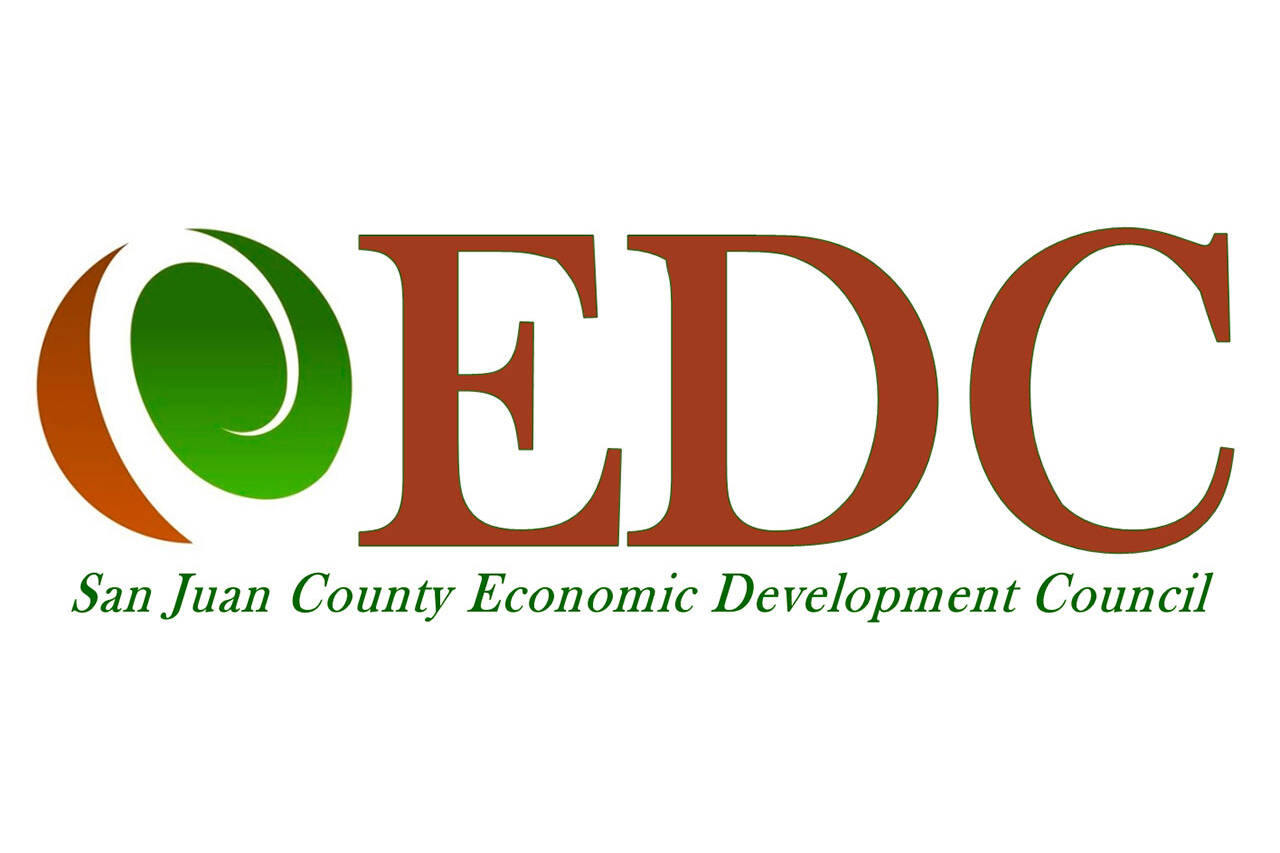Pay Dirt is Slate’s money advice column that offers insightful guidance on various financial dilemmas. In this column, readers can submit their questions anonymously to receive expert advice from Athena, Kristin, and Ilyce. The column covers a wide range of topics, from managing debt and saving for the future to navigating complex family financial dynamics.
One recent question posed to Pay Dirt involved a stepmother seeking advice on how to handle her stepdaughter’s reaction to scaling back on financial support for her wedding. The stepdaughter reacted negatively, accusing her father of favoritism and her stepmother of being vain and sanctimonious. The stepmother was at a loss on how to repair the relationship and move forward.
In response, Pay Dirt advised the stepmother not to reward the stepdaughter’s tantrum and suggested having a calm conversation about the financial situation. They recommended outlining the financial support the stepdaughter had received in the past and setting clear expectations for any future contributions to the wedding. Pay Dirt also emphasized the importance of maintaining open communication and not giving in to emotional manipulation.
Another question addressed by Pay Dirt involved a couple struggling with financial literacy and debt management. The couple had faced challenges due to illness and unemployment, leading to increased credit card debt and depleted savings. They were unsure of how to prioritize their financial goals and make informed decisions to improve their financial situation.
Pay Dirt advised the couple to focus on spending less than their income and understanding their financial needs versus wants. They recommended evaluating expenses, such as selling unnecessary assets like a Tesla, to free up funds for debt repayment. Additionally, Pay Dirt suggested exploring budgeting tools and seeking assistance from financial counseling services to create a plan for paying down debt and building savings.
In another scenario, a couple earning a combined income of $150,000 per year sought advice on managing $20,000 in debt while juggling homeownership, renovations, and future family planning. The husband was influenced by his father’s investment strategies, while the wife felt overwhelmed by the debt and desired to prioritize savings and financial security.
Pay Dirt emphasized the importance of open communication between the couple to align their financial goals and address the debt effectively. They encouraged the couple to discuss their concerns and work together to create a plan for debt repayment and savings. Pay Dirt also highlighted the impact of high-interest debt on long-term financial stability and recommended exploring strategies to reduce debt and increase savings.
Overall, Pay Dirt provides valuable insights and practical advice for readers facing complex financial challenges. By addressing individual circumstances with empathy and expertise, Pay Dirt helps readers navigate financial dilemmas and make informed decisions to improve their financial well-being.

:max_bytes(150000):strip_icc()/GettyImages-2199632761-839b99fe4dd54cae8e45dbda8aa01e0a.jpg)

















